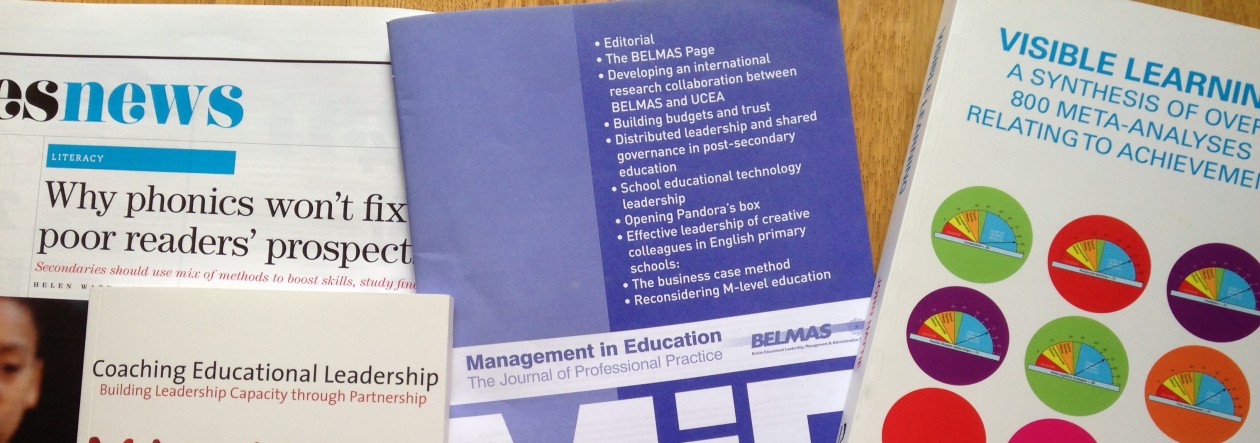Have a look at the aspect which is most important for you and consider the wider ranging implications. There are some interesting ideas. For example: A ‘Teacher Development Premium’ that will aim to provide a £1,000 per teacher budget for ‘evidence-based’ professional development.
- Ambition 1 – Close the ‘word gap’ in the early years.
Challenge 1: Ensuring more disadvantaged children are able to
experience a language rich early environment
Challenge 2: Improving the availability and take-up of high quality
early years provision by disadvantaged children and in challenging
areas
Challenge 3: Improving the quality of early years provision in
challenging areas by spreading best practice
- Ambition 2 – Close the attainment gap in school while continuing to raise standards for all
Challenge 1: Improving the quality of teaching in challenging areas
and schools
Challenge 2: Improving the school improvement offer in more
challenging areas
Challenge 3: Supporting pupils from less advantaged backgrounds
of all abilities to fulfil their potential
- Ambition 3 – High quality post-16 education choices for all young people.
Challenge 1: Creating high quality technical education options to
improve the choice for young people at age 16
Challenge 2: Investing in the further education sector
Challenge 3: Ensuring young people from disadvantaged
backgrounds access the highest quality provision
- Ambition 4 – Everyone achieving their full potential in rewarding careers
Challenge 1: Collaborating with businesses large and small to
widen opportunity, and drive up local skills and productivity
Challenge 2: Improving the quality and availability of good careers
guidance and experiences, targeting ‘career cold spots’
Challenge 3: Ensuring those in lower paid work are able to re-train to
move into more rewarding careers



You must be logged in to post a comment.